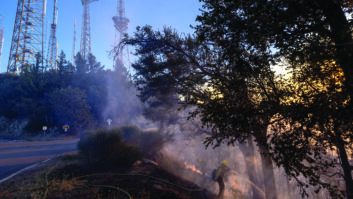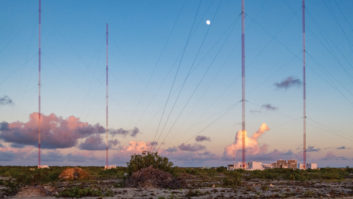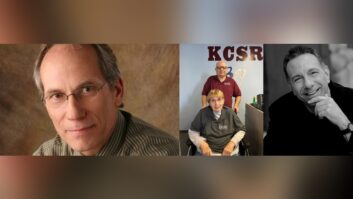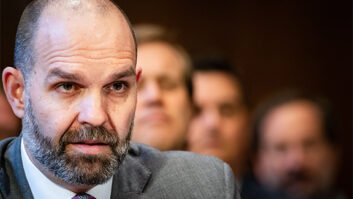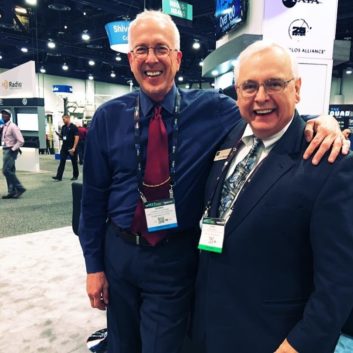
Dennis Sloatman recently retired from his position as vice president of engineering at SummitMedia. “After 51 years as a radio broadcaster, I’m finally getting out of the way for the next generation,” he wrote on social media.
“Now more time for mountain biking, hiking and messing with my control system projects. Overall, it’s been a good career.”
I took the opportunity to catch up with him about his career.
Paul McLane: How did you get started in radio tech?
Dennis Sloatman: I was a “broadcast radio nerd” growing up in Rockford, Ill., while listening to WCFL and WLS in Chicago, with the vainglorious hope that I could one day be a bigtime Chicago DJ like Larry Lujack and the “World Famous Tom Murphy.”
McLane: Tell us about your career path.
Sloatman: I began my career working at various stations in Northern Illinois: WRVI, WKWL, WRWC and WRRR as a DJ and unofficial “technical helper.” Then on to KHAK in Cedar Rapids, Iowa, as an overnight DJ and ultimately, chief engineer, in 1977.
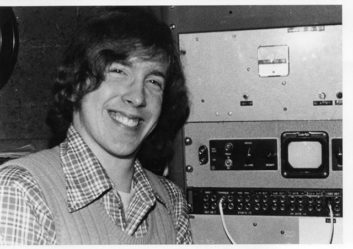
Then I worked for Harris Corp. as a field service engineer in Quincy, IL.
Beginning in 1980, I worked for WORL, WMGF, WOMX, WLOQ, WMFE, WDBO, WMMO, WOCL and some others as chief engineer spanning 28 years, from 1980 to 2008, in Orlando, Fla.
Then I was chief engineer of the Cox four-station cluster in Richmond, Va., from 2008 to 2012.
While in Orlando, I taught electronics mathematics, electronic communications, electronic circuit analysis, A+ Hardware and A+ Software at Valencia College and University of Central Florida.
In 2012, I accepted a position as VP of engineering for the 10-station iHeartMedia cluster in Los Angeles, including famous stations such as KIIS, KFI and KBIG.
And then in 2016, for quality of life reasons I chose to move back to Richmond, Va., as VP of engineering for Summit Media where I ended my career after 51 years in 2021.
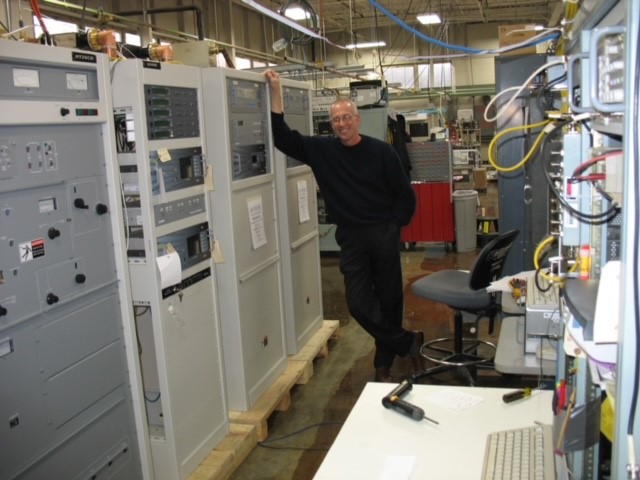
McLane: Who were your mentors?
Sloatman: Early in my career in Cedar Rapids, my first CE job, my mentor was Robert F Burns — that’s right, “RF Burns!” I’d also have to recognize Larry Caldwell, chief of WRRR Rockford when I worked as his assistant engineer in 1975.
McLane: What are your feelings on stepping away from full-time engineering?
Sloatman: Relaxing! No longer on 24/7 call after 50+ years “being available at a moment’s notice.” I do miss daily solving problems and designing solutions, but I plan to direct those energies at other projects.
McLane: Looking over your major projects and accomplishments, is there one that stands out?
Sloatman: Well, one might expect I’ve built a great many studios, transmitter sites and broadcast facilities in Rockford, Cedar Rapids, Orlando, Michigan, Richmond and Los Angeles.
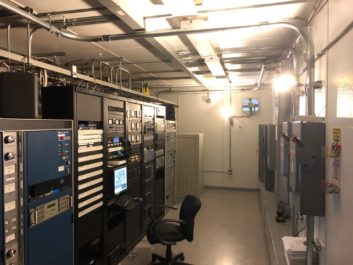
All in all, I feel as if my part in turning the Los Angeles facility around and bringing modern technology and methods to the market was a highlight. In a similar manner, bringing professionalism and dignity to engineering management with SummitMedia is something I am proud of.
McLane: Would you encourage a young person to go into this field now?
Sloatman: First, I must say that I love the radio broadcasting business and being a lifelong problem-solver as a broadcast engineer. The exposure to almost every form of technology is exciting and challenging.
On the more negative side, I have to say I have always had a problem for what I perceive as a lack of appreciation by some managers for the vast knowledge and experience required of the modern broadcast engineer — electronics, RF, audio, FCC rules, control systems, computer and network technology, etc.
This lack of appreciation is made manifest by requests to the CE for handyman tasks such as changing lightbulbs, plumbing, hanging pictures, vehicle maintenance, etc.
I fully recognize that many of my brother engineers have no problem with this aspect, but I feel I didn’t devote my career and my engineering degree to be a handyman or anything less than a professional.
Therefore, yes, I would encourage young people to give it a good, hard look; but also I would make certain they are aware of what I perceive as the less attractive aspects of the job.
Now, this experience will vary depending upon the company and its management. Research is required before accepting a position. Some broadcast companies treat their engineers with respect while others act as if the engineer is chattel.
It’s difficult at best these days to find that one “right” person for the job, and I feel the industry sort of “shoots themselves in the foot.”
McLane: What else should we know?
Sloatman: I’d have to say the most enjoyable and rewarding part of my career came in the final decade when I managed a staff of 10 fantastic people in the IT and Engineering department in Los Angeles and later, the market engineers of SummitMedia. All great people and I will miss working with them.
Sloatman also joked on LinkedIn about his sense of relief: “No longer am I more nervous than a long-tailed cat in a room full o’ rockin’ chairs!”
Comment on this or any story to [email protected].
